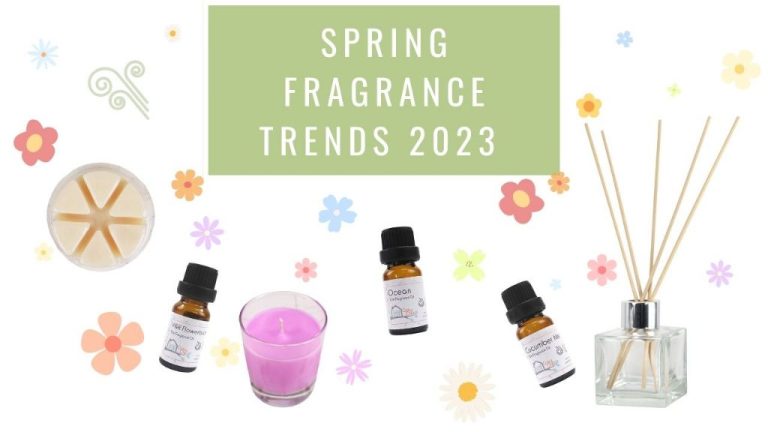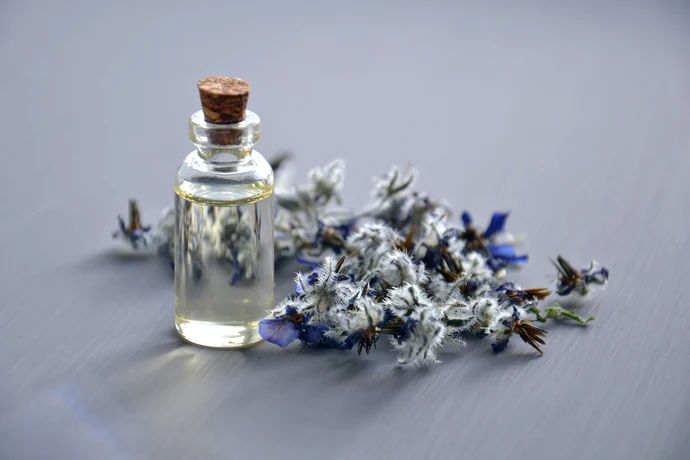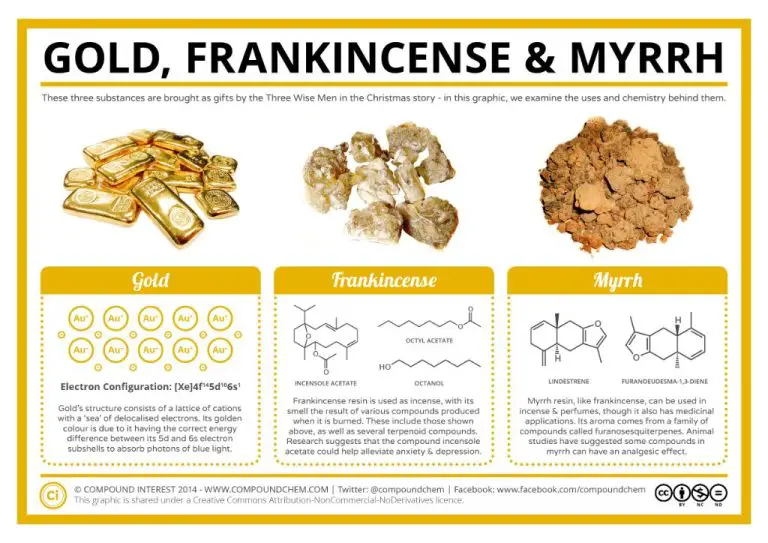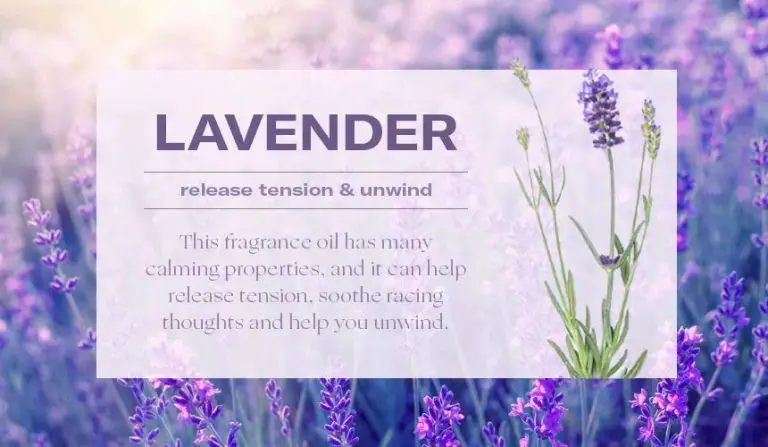How Do You Find A Scent That Suits You?
Finding a signature scent that perfectly suits your personality and style is an important part of expressing yourself. Your scent follows you wherever you go and leaves an impression on those around you. Selecting an ideal fragrance takes some effort and consideration, but is worth it to discover that special scent that embodies your essence. This article will explore how you can go about finding a perfume or cologne that feels like it was made just for you. We’ll cover understanding your fragrance preferences, testing out options, listening to input from others, and ultimately trusting your nose to lead you to your signature smell.
Know Yourself
Your personality, lifestyle, preferences, and even your memories and experiences play a major role in determining your ideal scent profile. Think about what fragrances you’ve loved in the past and why. Do flowery scents remind you of spring days from childhood? Do warm, spicy fragrances evoke cozy evenings by the fireplace? Your preferences provide insight into what fragrance families and notes will appeal most to you.
Consider your regular activities too. Someone with an outdoorsy lifestyle who loves hiking and camping may lean towards earthier, woodsy scents like pine, cedar, or sandalwood. An artist or musician might prefer something more unique or avant-garde. Look at your wardrobe as well – are you drawn to bright, fun colors or more neutral, sleek hues? Your fashion sense can direct you towards brighter, fruity scents or more subtle musky ones.
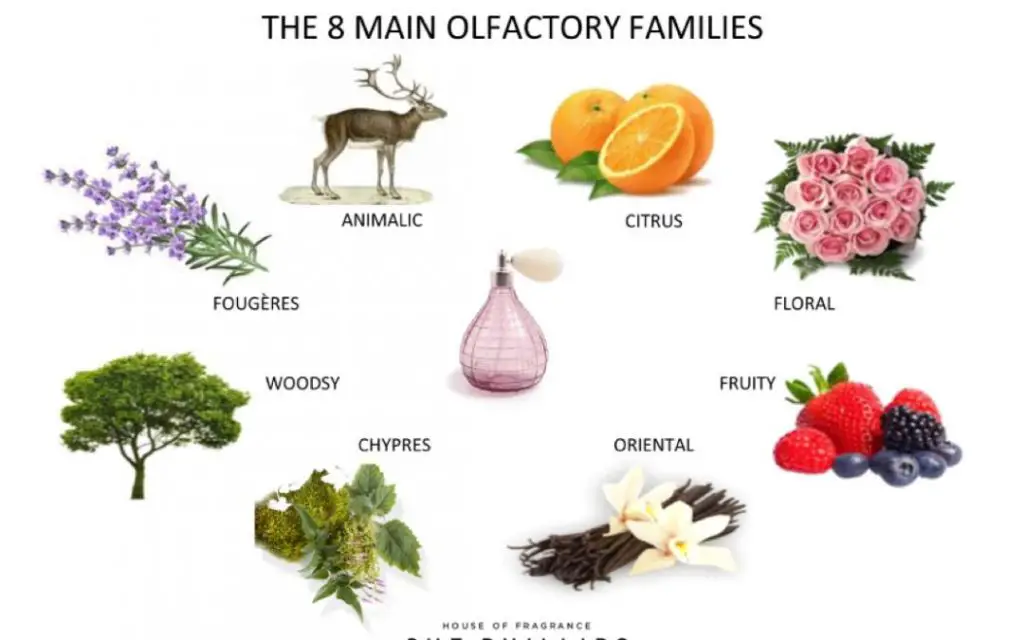
Think about when you’ll be wearing your signature scent. A perfume for everyday wear around the office/school may differ from one for special evenings out. And remember – there’s no one “perfect” signature scent. You can have different favorites for different occasions and moods. The most important thing is choosing fragrances that make you feel happy, confident, and authentically yourself.
Understand Fragrance Families
There are four main fragrance families: floral, oriental, woody, and fresh. Understanding the characteristics of each family can help guide you in finding a scent that suits your tastes.
Floral fragrances feature a blend of flower essences like rose, jasmine, violet, and orange blossom. They often have a soft, delicate scent. Oriental fragrances contain spices like cinnamon, cloves, and vanilla. They have a warmer, sometimes spicier scent. Woody fragrances use aromas from trees like sandalwood, cedar, and vetiver. They have an earthy, natural aroma. Fresh fragrances contain bright citrus and aquatic notes like lemon, orange, marine scents. They have a clean, zesty scent 1.
Within each family, there is a spectrum from light to strong. Finding your ideal intensity level within a fragrance family can help you choose a scent you’ll love wearing.
Consider When You’ll Wear It
The occasion, season, and even time of day will determine the type of scent you should choose. Certain fragrances are better suited for formal events while others work well for daily casual wear. Floral and fresh scents tend to be ideal for daytime and summer whereas musky, spicy, or woody fragrances fit better for nighttime and winter. Smells too loud or overpowering are not recommended for closed, intimate settings or the office. Instead, go for lighter and more subtle fragrances in professional environments so you don’t overpower the room. According to this guide, florals like rose, lily, and jasmine are versatile for many events while marine and ozonic notes work well in summer and citrus or fruity scents are perfect for daytime. When choosing a scent, consider when you plan to wear it most.
Test Before You Invest
It’s recommended to try fragrance samples first instead of buying full bottles right away. Perfume samples allow you to test out a scent before committing to a larger bottle. According to The Ultimate Guide to Perfume Samples, perfume samples typically come in 2ml sizes and give you enough perfume to properly evaluate the scent. Samples are an affordable way to explore different fragrances and narrow down your preferences.
The advantage of sampling is that you can test a fragrance over several days and in different environments before deciding if it’s the right match. Many perfume houses and retailers offer sampling programs or sample sets of their most popular fragrances. Take advantage of these to find potential new signature scents without breaking the bank. Approach each new fragrance with an open mind, as sometimes it takes multiple wears for a scent to fully develop on your skin. Smelling a fragrance on paper or on the tester strip is also different than how it interacts with your body chemistry. Overall, liberal sampling gives you flexibility to hone in on your ideal scent.
Know Where to Apply
When applying fragrance, focus on your pulse points. These are areas where your veins sit closest to your skin, so you can maximize projection and longevity. Some popular pulse points to spray perfume include:
- Neck – Apply perfume lightly behind each ear or at the nape of your neck. This area radiates warmth to help perfume bloom.
- Wrists – Spritz 1-2 times on inner wrists, then rub together. The friction helps to activate notes.
- Chest – Mist your décolletage for a sensual effect, or spray under your shirt near your heart.
- Behind the knees – Try this lesser known pulse point to scent an intriguing area.
- Inner elbows – Hit both inner elbows to scent yourself when gesturing or moving arms.
Aim for 2-4 pulse points total. Take care not to over-apply, as less is often more when it comes to fragrance. Play around to find your preferred pulse point pairings.
Some also suggest spraying on hair or clothing. Use caution spraying fragrance on clothing, as some notes can stain fabric. Hair can hold scent nicely, but take care not to apply too closely to avoid overwhelming people you encounter.
Give it Time
Note that scent can change as it interacts with skin chemistry. Allow 15-30 minutes before making judgements. One Reddit user recommends, “At least, give it a couple of hours after you try it at store. Grab a coffee or something, see how the scent develops.” (https://www.reddit.com/r/fragrance/comments/176asi9/how_long_do_you_like_to_give_a_fragrance_before/). It takes time for the top, middle, and base notes of a fragrance to fully develop. Be patient and let the perfume settle before making any decisions.
According to experts, it can take 15-30 minutes for a fragrance to fully interact with your skin and reveal its true scent. Don’t rush to judge it right away. Let the perfume dry down completely before evaluating if you like it or not. This will give you a much better idea of how the real fragrance smells once the alcohol evaporates.
Get Others’ Input
Suggest asking trusted friends/family for their objective thoughts on how a scent smells on you. Since you can become noseblind to a fragrance you wear regularly, get others’ input to understand how a scent really comes across when you wear it. Ask people whose opinions you respect if a fragrance works with your body chemistry or clashes. Let them know you value their candid thoughts, even if they feel a scent is not quite right for you. Their feedback can reveal aspects you may have overlooked when testing a fragrance yourself. Having a second nose that you trust sniff out perfumes you are considering can provide helpful insight on how each one uniquely interacts with your body chemistry.
This perspective from friends or family who know your style well can help confirm if a new scent aligns with your personality or not. Often their objective impressions can prevent you from buying a fragrance that misses the mark for the image you want to convey. They may catch subtle nuances you did not notice at first. Testing perfumes with honest input from others allows you to see how a scent comes across when worn – not just how it smells from the bottle. So don’t just rely on your own nose, get feedback from people you trust before committing to a signature fragrance.
Trust Your Nose
When selecting a new fragrance, it’s important not to get swayed by what’s popular or trendy. While recommendations from friends or perfume experts can provide great suggestions, perfume is a deeply personal choice. As Christian Dior said, “A woman’s perfume tells more about her than her handwriting.” [1] Ultimately, you need to listen to your own nose and instincts. Choose the scent that makes you feel happy, confident and authentically you. As the saying goes, “Scent is the sense that connects most directly with memory and emotion.” [2] Your signature fragrance should be the one that evokes your unique memories, personality and spirit. Don’t worry about conforming to someone else’s taste. Find the notes and blend that speak to you. Perfume is magical, intimate and transformative. When you discover your perfect match, you’ll just know it. As Simone de Beauvoir said, “A perfume is a self-portrait in scent.” In the end, choose based on your own preferences vs. what’s trendy or recommended.
[1] https://www.pairfum.com/10-quotes-that-explain-the-magic-of-perfume/
[2] https://www.pinterest.com/pin/472823776970401168/
Conclusion
Finding a scent that perfectly suits you takes some time and effort, but it’s worth it. Start by analyzing your personality, lifestyle, and preferences to narrow down what fragrance families or notes will work best for you. Take advantage of opportunities to test perfumes before committing to a full bottle. When sampling scents, be sure to spray on multiple pulse points and wear each one for a full day before making any decisions.
Getting unbiased input from those around you can provide helpful perspective. But at the end of the day, trust your own nose and how the fragrance makes you feel when you wear it. Finding your signature scent provides confidence, allows you to make a good first impression, and becomes tied to memories over time. With so many fragrance options available, taking a customized approach helps ensure you select something uniquely you.

